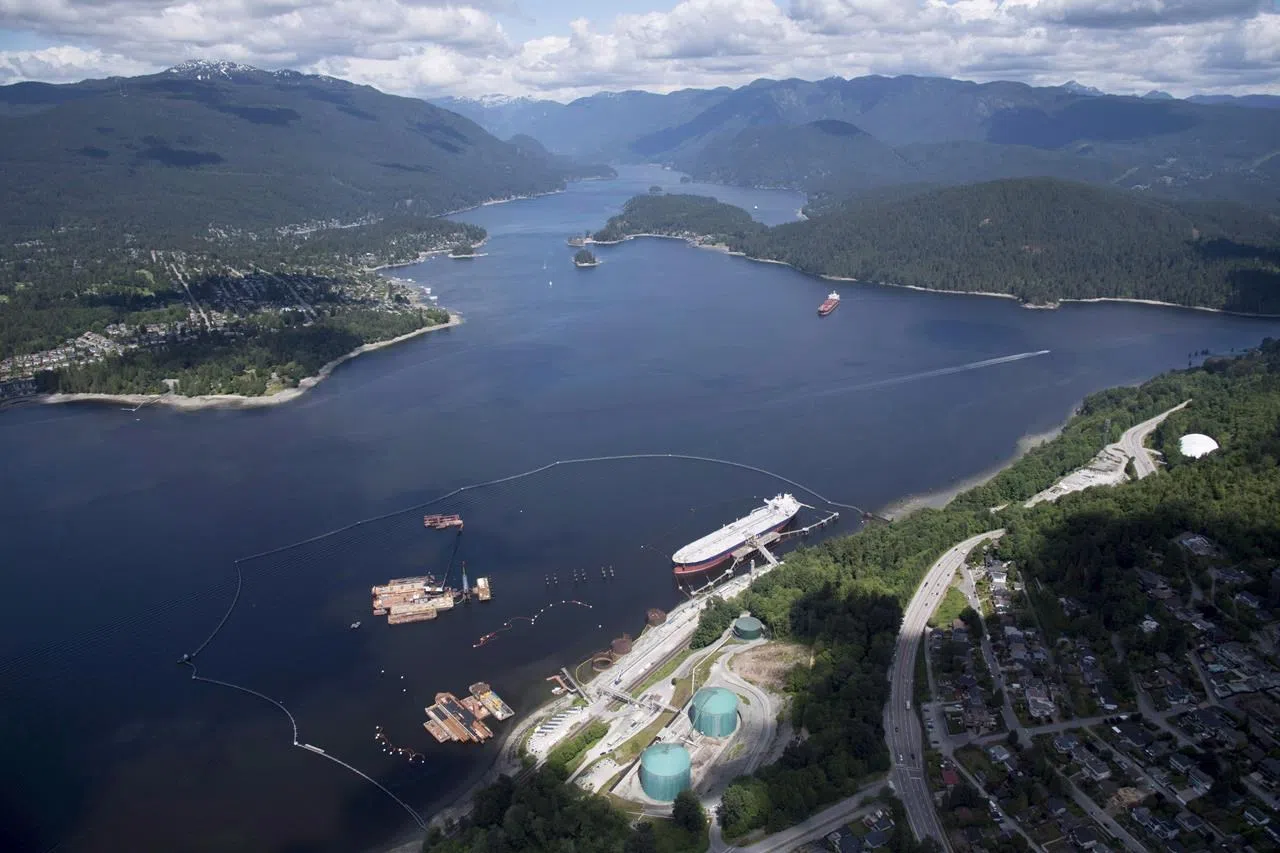
B.C. not trying to stop Trans Mountain, but aims to protect environment: lawyer
VANCOUVER — British Columbia is not trying to stop the Trans Mountain pipeline expansion, but it is attempting to prevent environmental damage and hold the corporation responsible for the cleanup of a spill, a lawyer argued Monday.
The province’s Court of Appeal is considering a reference case filed by B.C. that asks if it has jurisdiction to regulate the transport of oil through its territory and restrict bitumen shipments from Alberta.
Joseph Arvay, who represents B.C., said the province has no “axe to grind” against pipelines and proposed amendments to its Environmental Management Act are not aimed at blocking the project.
“The purpose was never to prevent the construction or operation of the pipeline. The purpose and effect was always to protect the environment,” he told a panel of five judges.


